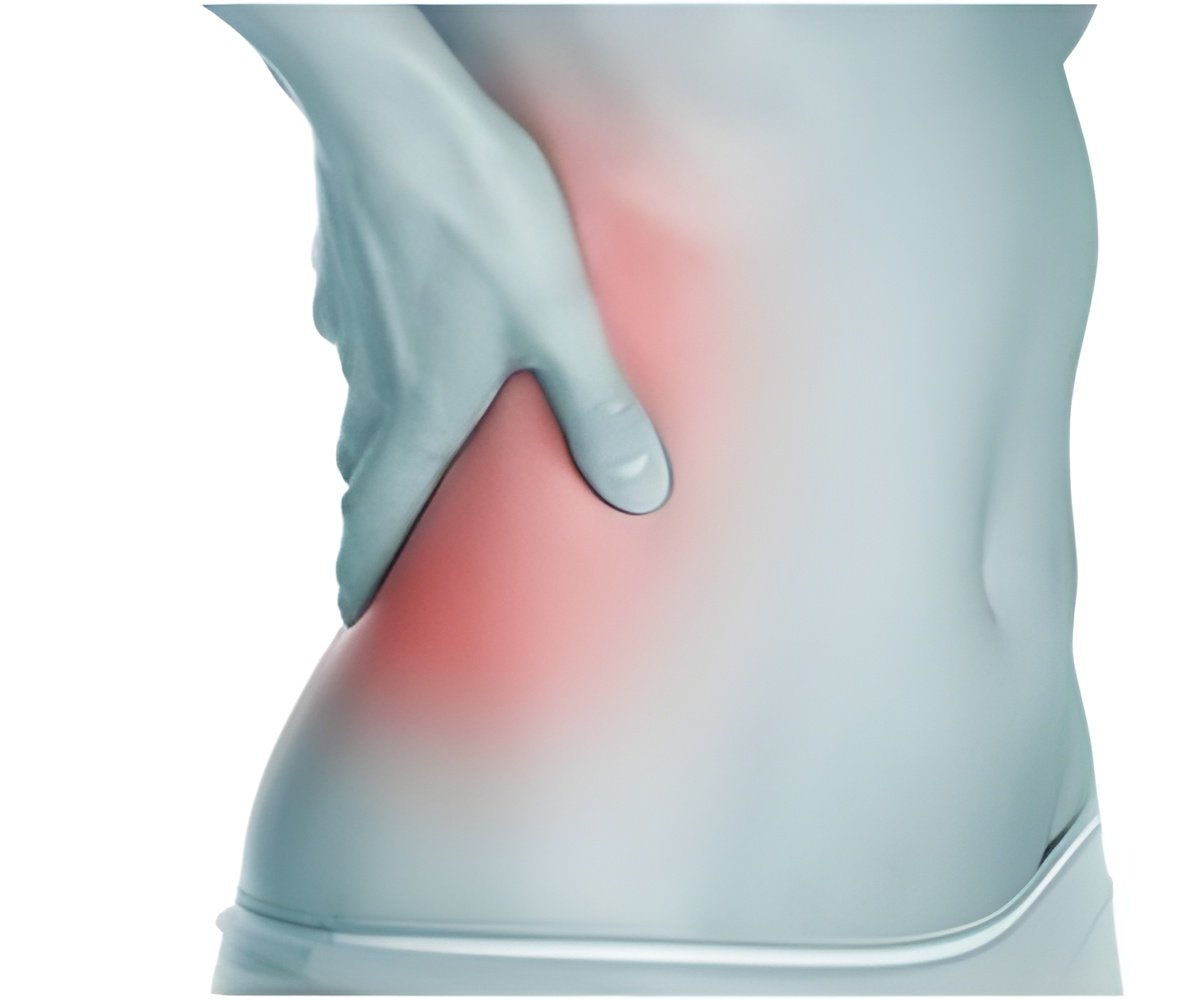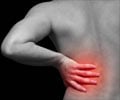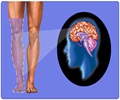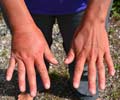New research by St. Michael's Hospital finds that chronic pain is not managed well in the general population and it's an even greater challenge for homeless people.

Of the 152 residents of homeless shelters with chronic pain studied by Dr. Stephen Hwang, more than one-third (37 per cent) had Chronic Pain Grade IV, the highest level, indicating high intensity and high disability.
Almost half the participants (46 per cent) reported using street drugs to treat their pain and 29 per cent used alcohol, said Dr. Hwang, a physician and researcher with the hospital's Centre for Research on Inner City Health.
Only half (51 per cent) of the participants were being treated for their pain by a physician. More than three-quarters (77 per cent) of the physicians said they had difficulty managing the patients' pain because of such things as a history of addiction, mental illness and missed appointments.
The research results were published in the online journal BMC Family Practice. Dr. Hwang said he believes it's the first study in a peer-reviewed journal to describe the severity and management of chronic pain among residents of homeless shelters.
"Our study demonstrates the need for improved approaches to the management of chronic pain in the homeless population," he said. He believes community outreach programs may be necessary to help homeless people with chronic pain find health care. As well, health care providers who work with marginalized populations need to familiarize themselves with their patients' housing situations and routinely screen individuals who are homeless for chronic pain.
Advertisement
Dr. Hwang said that while physicians may have justifiable concerns about prescribing opiod drugs to patients with a history of substance abuse, this should not be a reason to avoid addressing chronic pain management with them.
Advertisement
"A lot of patients expect a pill, when often what they really need is physiotherapy, which they can't afford and isn't covered by insurance."
Homeless people said that from their viewpoint, the barriers to managing their pain included the stress of living in shelters, inability to afford prescription medications and poor sleeping conditions.
Source-Eurekalert











